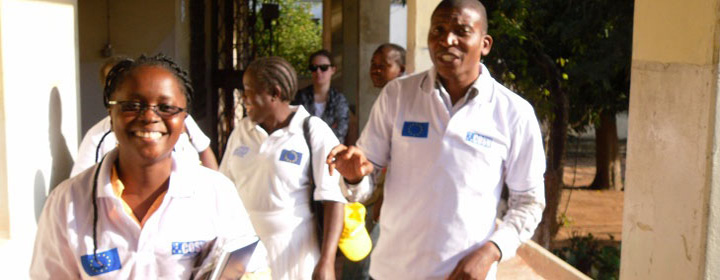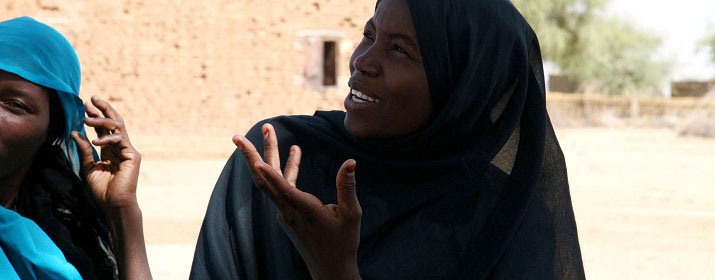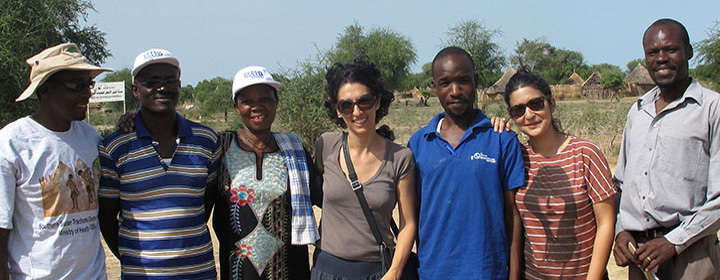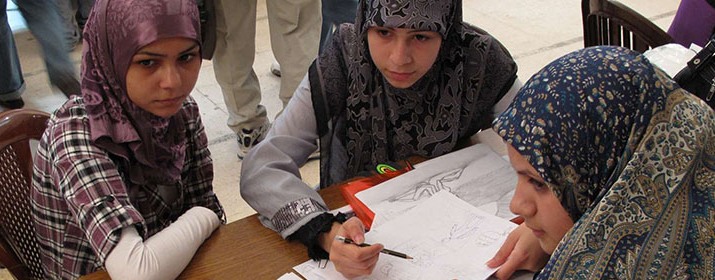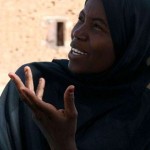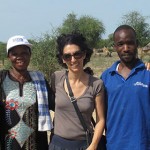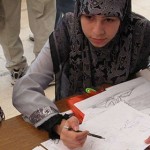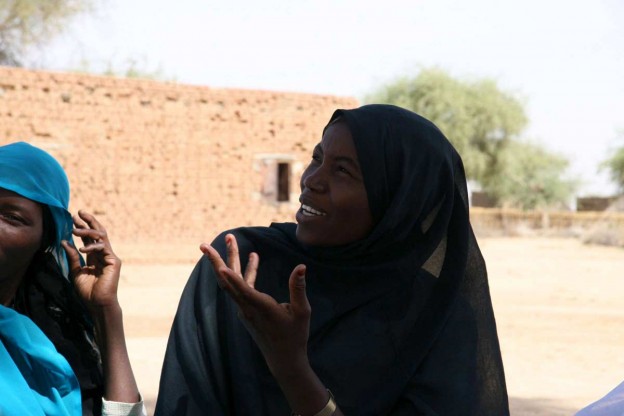2012 has been a tough year for West Darfur, with a yellow fever outbreak and not enough funds for immunization campaigns. The health situation has further deteriorated for women, already exhausted by living conditions that charge them of all family responsibilities and field works. Women live a daily life made of struggles and insecurity and they often have to cope with health problems; in case of maternity, they are at constant risk of miscarriage. Moreover, maternal and child health is exposed to additional menaces because of the lack of awareness of the importance of pre-and post-natal care and family planning: that’s why women and children’s care is the focus of THINK project.
Childbirth is a particularly critical for women living in the province of Kulbus, where THINK takes place: for traditional and cultural reasons, women are reluctant to go to health centers and the 98% of them give birth at home , assisted by traditional figures without specific training. Only the most serious cases are addressed to the hospital – the only one in the province, with lack of facilities and scarce staff , but often it is too late for an intervention.
Despite the dramatic situation, thanks to THINK positive results have been registered in maternal and child health. Through awareness-raising initiatives and training courses for health staff, a greater number of local women can and decide to give birth still at home, but with the assistance of qualified staff. Over the past two years, supervised deliveries have increases of 15%, covering 65% of cases in 2012. Women, more aware of the importance of pre-and post-natal care, have begun to ask for these services to the local health units. In addition, last year 526 women attended family planning programs: an important starting point to break through traditional reserve.
In the province of Kulbus, women’s lives are also threaten by gender violence. The issue is very sensitive and with THINK project we have been able to start training activities for health staff and workshops for community leaders. A network for the victims of violence has been strengthened: it’s made by the Hakama women, traditional Sudanese figures respected within the community. The Hakama are adequately trained to protect victims against the social stigma and to report cases to the competent authorities.
Although domestic violence is fairly common, the reported cases are few, a dozen in 2012. Women often passively accept violence and do not report it to the police, making it very difficult to implement protection measures. Even if slowly, educational activities will shake awareness within communities and lead to greater protection of women’s rights.

